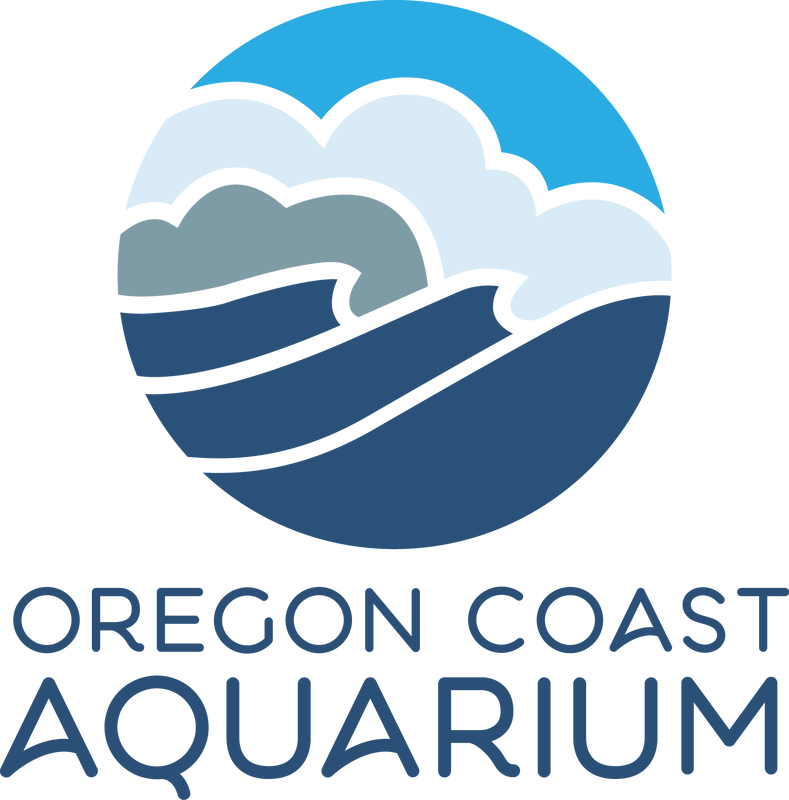EXPLORE > ANIMALS > INVERTEBRATES
Dosidicus gigas
The humboldt squid is a large predator residing in the eastern Pacific Ocean. They are among the largest cephalopods on earth, with adults reaching up to 5 feet (1.5 m) in length and weighing up to 100 pounds (45 kg). Over a third of the animal’s mass consists of a mantle (body) with two diamond-shaped fins (sometimes called wings) toward the rear of the body. They have eight arms and two longer feeding tentacles.
These squid both migrate and hunt in large packs which may contain over 1,000 individual animals. They are known for being extremely aggressive and will attack fish, mollusks, or even cannibalize other humboldt squid. One rare occassions, they have attacked human divers. Their natural predators include sperm whales, tuna and sharks.
Like many deep-sea animals, the humboldt squid have some bioluminescent properties and their skin is covered with chromatophores, or specialized cells which allow them to rapidly change color. When hunting, they usually appear a mottled red and white and were nicknamed diablo rojo, which means “red devil” in Spanish. These animals may also be known as jumbo squid, flying squid and pota.
Range and Habitat
Humboldt squid are a deep-sea species normally found between 660 and 2,300 feet (200 to 700 m). Their normal range is from the southern tip of South America to the California coast. As the oceans are warming however, more squid have also been found in the waters of Oregon, Washington and British Columbia. Some have been seen as far north as Alaska.
Conservation Status
Presumed common. These squid are heavily fished in Mexico and Peru, but because little is known about their numbers worldwide, it is unknown what affect human predation is having on the species overall.
Dosidicus gigas
The humboldt squid is a large predator residing in the eastern Pacific Ocean. They are among the largest cephalopods on earth, with adults reaching up to 5 feet (1.5 m) in length and weighing up to 100 pounds (45 kg). Over a third of the animal’s mass consists of a mantle (body) with two diamond-shaped fins (sometimes called wings) toward the rear of the body. They have eight arms and two longer feeding tentacles.
These squid both migrate and hunt in large packs which may contain over 1,000 individual animals. They are known for being extremely aggressive and will attack fish, mollusks, or even cannibalize other humboldt squid. One rare occassions, they have attacked human divers. Their natural predators include sperm whales, tuna and sharks.
Like many deep-sea animals, the humboldt squid have some bioluminescent properties and their skin is covered with chromatophores, or specialized cells which allow them to rapidly change color. When hunting, they usually appear a mottled red and white and were nicknamed diablo rojo, which means “red devil” in Spanish. These animals may also be known as jumbo squid, flying squid and pota.
Range and Habitat
Humboldt squid are a deep-sea species normally found between 660 and 2,300 feet (200 to 700 m). Their normal range is from the southern tip of South America to the California coast. As the oceans are warming however, more squid have also been found in the waters of Oregon, Washington and British Columbia. Some have been seen as far north as Alaska.
Conservation Status
Presumed common. These squid are heavily fished in Mexico and Peru, but because little is known about their numbers worldwide, it is unknown what affect human predation is having on the species overall.




